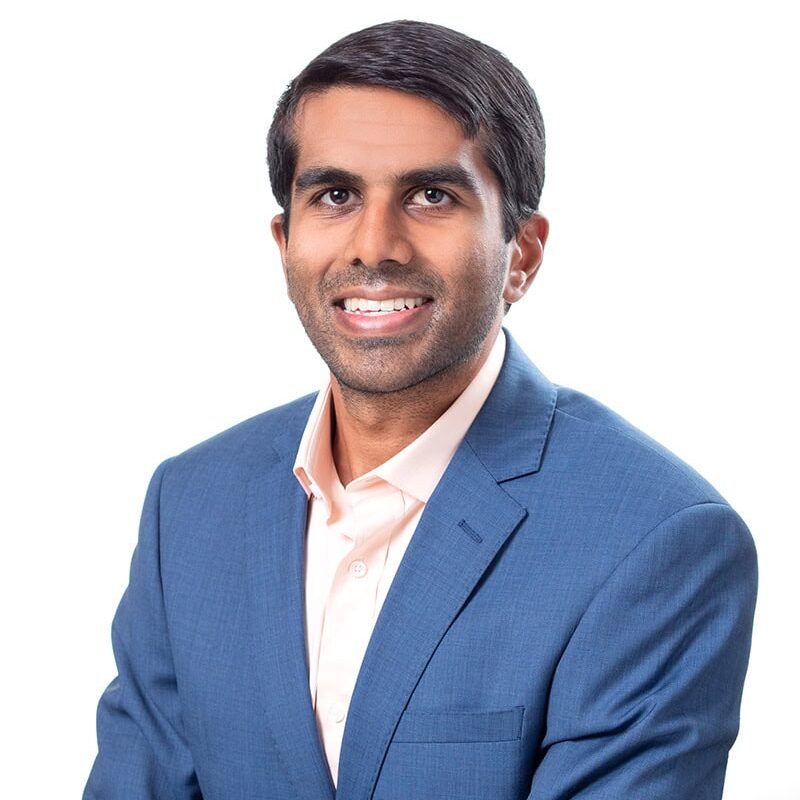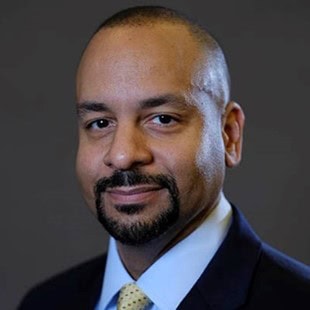Q: You presented a poster on Patient Perspectives on a Healthcare System Food Insecurity Intervention at SGIM23. Can you walk us through your research?
A: This project focuses on patients’ experiences participating in the Healthy Food Center (HFC). The HFC is a social determinant of health concept-driven intervention for patients experiencing food insecurity, identified by routine social determinants of health screening at outpatient appointments. At HFC, patients receive fresh produce, cooking utensils and classes, dietitian counseling, and transportation to the HFC. We recruited participants from HFC and formed focus groups to discuss their experiences with it and what it means to them to receive healthy food from a hospital or healthcare system. The focus groups suggested that participants benefited practically from the HFC (I.e., more money available to pay bills, etc.) but also on a higher level related to relationships and sense of self. Participants often emphasized that the HFC differed from going to a food bank. The relationships with their provider and the HFC staff were foundational. Participating in HFC is more than simply going to the hospital to get food. Participating in the HFC is belonging; it’s humanizing; it reaffirms one’s worth as an individual, and it’s empowering.
Q: How did you get involved with Pittsburgh’s Healthy Food Center (HFC)?
A: By participating in our resident-maintained garden at Allegheny General Hospital. Located on the rooftop of the hospital parking garage is an eight-bed garden that grows fresh produce. Produce is started from seed and maintained by residents who express interest in participating. All the produce harvested is donated to the HFC so it can be distributed to patients experiencing food insecurity. Having referred many of my patients to HFC, it is incredibly powerful to be involved in every step of addressing food insecurity for patients: from physically planting the seed that grows food they will consume, maintaining it as it grows, harvesting it, all the way to referring them to the HFC to receive some of that food to combat food insecurity.
Q: Are there plans to continue your work with HFC?
A: Absolutely. I plan to continue working with the HFC in several aspects as a physician, referring patients who screen positive for food insecurity and helping to care for the resident garden. From a research perspective, we are working on a manuscript describing the HFC and preliminary clinical outcomes data.
Q: Why did you choose to present on Food Insecurity (FI) at the Annual Meeting?
A: Food insecurity impacts the healthcare system at multiple levels. At the system level and population level, food insecurity is associated with significant healthcare spending, poor chronic disease outcomes, and overall mortality, leading to greater strain on the healthcare system. At the individual level, food insecurity has impacts on psychological stress, individual health, and the availability of existing resources, as it can further exacerbate existing financial insecurity. These three levels, while different, are all interrelated, and the presence of food insecurity can worsen outcomes in each. As physicians, we are uniquely positioned to work with individuals with boots on the ground but also impact the population and system level, and addressing food insecurity is one way we can move all three.
Q: You have said you want to focus your work on social determinants of health research and serving marginalized populations. You are currently on an Inclusion Health Track. What is this track, and how does it support your interests in social justice?
A: The Inclusion Health Track is an educational track for which internal medicine residents are selected based on interest in serving marginalized populations. As a member of this track in residency, you have many different learning opportunities related to social justice and marginalized populations. For example, as part of the Inclusion Health Track, we can participate in street rounds to provide care for patients experiencing homelessness and physically go to them wherever they are staying (outside, at a shelter, etc.) To me, being a physician is meeting people where they are, walking with them on their healthcare journey, and using my professional platform for advocacy. Through my experiences in the Inclusion Health Track, I have been very fortunate to develop my skillset as a physician and an advocate.
Q: Why do you feel it is important for your generation of general internists to be educated in food insecurity related to patient care?
A: Food insecurity impacts our patients’ health in relation to healthcare disparities and the social determinants of health. The COVID-19 pandemic further highlighted these inequities, and the aftermath of this is still ongoing. Knowledge of food insecurity and its impact allows us to work to bridge gaps among disparities to improve the health of our patients. Awareness of food insecurity humanizes the patient-provider relationship and facilitates empowerment while improving care. One of my mentors once told me, “Greatness lies not in what you do for your patients but your relationship with them.
Frontliner
Job Position & Institution
PGY3 Internal Medicine Resident at Allegheny General Hospital, Internal Medicine Chief Resident 2023-2024





